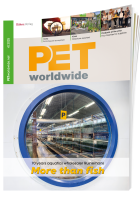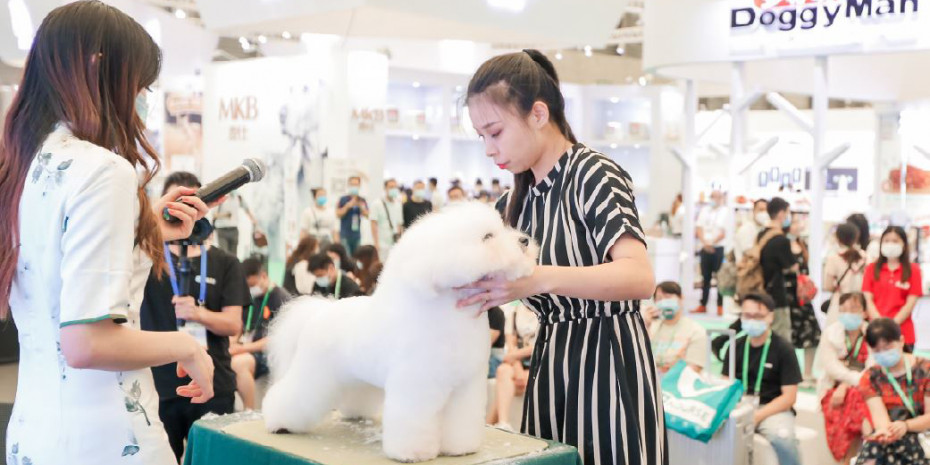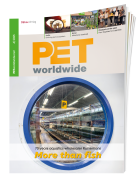"It is a big change in terms of the earlier official stance on this issue," Devi Subhakesan, analyst for Asia consumer research at Investory, told PET worldwide. "Technically, this would be an official acknowledgement that dogs and cats are human companions. As regards its impact on pet ownership, this move could possibly make it easier and less expensive to own a pet, assuming other changes like lower registration fees, permission to own bigger dogs, and others follow, which is likely."
Opportunities galore
Other growth drivers include the treatment of pets as family members, which boosts premium product spending; the need for companionship by young singles, couples who delay having children, and the elderly, who see pets as mental support; the influence of social media and celebrities who post about their pets; higher income and more affordable pets; and the social status attached to owning a pet.
In the report, China's pet care industry was valued at 32 bn dollars in 2019, compared with negligible levels nine years earlier. Pet food contributed 19 bn dollars, health care accounted for 6 bn dollars, pet supplies made up 4.5 bn dollars, and other services, 2.5 bn dollars. The upsurge has been attributed to urbanisation, rising income, and an easing of rules. There are 55 mio pet dogs and 44 mio pet cats in the country, although some cities ban keeping canines that are taller than 35 cm.

 Menü
Menü








 2/2021
2/2021












 Newsletter
Newsletter